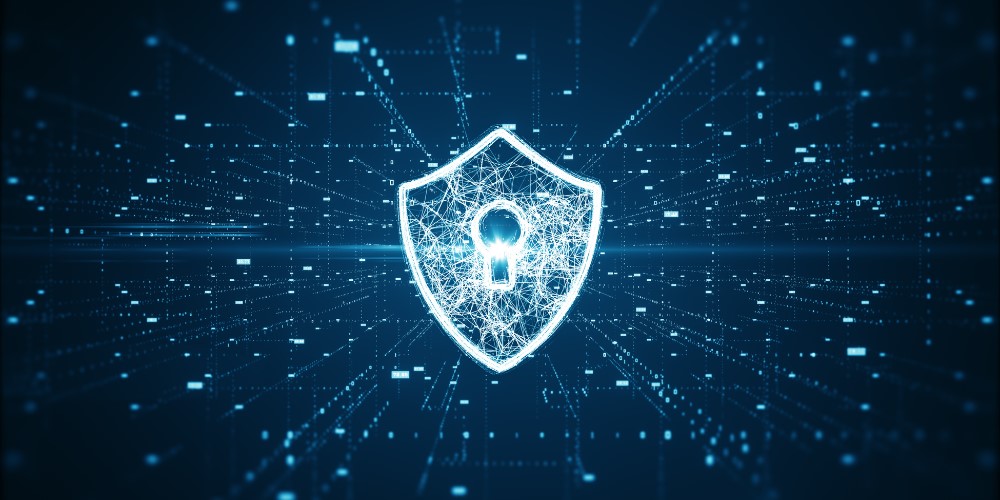The Rise of Stealer Malware: What Your Company Can Do To Protect Itself

In the latest addition to the concerning trend of local cyberattacks, well-known F&B brand Jumbo Group has reportedly fallen victim to a ransomware attack. This marks the second consecutive month a notable Singaporean company has been targeted by cyber criminals. Just earlier in April, law firm Shook Lin & Bok confirmed it was hit by a ransomware attack after early reports broke on independent ransomware website SuspectFile.
While both companies assure the public that no sensitive information or personal data has been leaked, these ransomware attacks speak to a large pattern of unauthorised entry granted by info-stealer malware. Experts estimate that approximately 61% of data breaches are a result of info-stealer malware, and this proliferation of high-profile ransomware attacks has many companies taking preventative measures to avoid becoming the next victim.
On the lookout for tips to combat information-stealer malware? This article breaks down everything you need to know about these threats and discusses the steps you can take to prevent them.
What Is Stealer Malware?
Information-stealer malware, or stealers, is a subset of malware that targets confidential data in systems and extracts that for attackers to use in other capacities. The types of data targeted usually include passwords, personal data, system information, and even credit card details.
Stealer malware can make its way into systems through a variety of threat vectors, including fake software downloads or malicious hyperlinks. The most common way cybercriminals introduce stealer malware is through email phishing, or posing as a trusted entity to deceive victims into opening emails loaded with malware payloads. Once the email is opened, the malware installs itself and takes root in operating systems to send targeted data to cybercriminals.
The first line of defence against stealer malware is equipping employees with the ability to identify phishing attempts. Early detection of phishing emails can prevent cybercriminals from successfully uploading stealer malware onto company servers, stopping cyberattacks before they even happen. Through education and Managed Email Phishing services, businesses can prepare their teams to effectively recognise and report phishing attempts through a carefully curated program.
Take Stock of Defences
The next step in preparation is a proper audit of your cybersecurity measures, and ensuring that your business has the appropriate tools to prevent a malware infection from getting out of hand. The best way to ascertain that is to conduct a full-scale security audit of current capabilities, to identify potential weaknesses and loopholes that can be exploited by scheming cybercriminals to introduce malware payloads and gain access to system infrastructure.
Implement vulnerability management processes to scan and understand your organisation’s vulnerabilities and get ahead of threats. This information also enables key decision-makers to create and execute focused security strategies dedicated to dealing with potential malware attacks.
Larger organisations with more bases to cover can consider going the extra mile by having cybersecurity consultants step in and conduct penetration and vulnerability tests to prepare for any worst-case scenarios. With the added benefit of giving actionable insights and recommendations, cybersecurity consulting services can prove to be pivotal in the fight against infostealer malware.
Response plans
The recent trend of stealer malware attacks on big organisations demonstrates the need for a concrete response plan, in the event of a cyberattack. In each instance of a cyberattack, the first 72 hours are crucial for limiting the extent of data breaches and destroying malware before they can do any further harm.
With such high stakes, businesses can consider consulting expert advice to help formulate response plans and strategies for dealing with cyberattacks. Alternatively, opt for stronger protection against cybersecurity threats by engaging with a cybersecurity incident response retainer that offers all-encompassing support and coverage during a crisis. With an assigned incident manager and a team of cybersecurity personnel dedicated to eradicating threats, businesses can operate securely knowing that they have 24/7 incident response support on hand.
In need of comprehensive cybersecurity solutions to defend against cyberthreats? Reach out to MyRepublic Business and get incident response ready today.



















